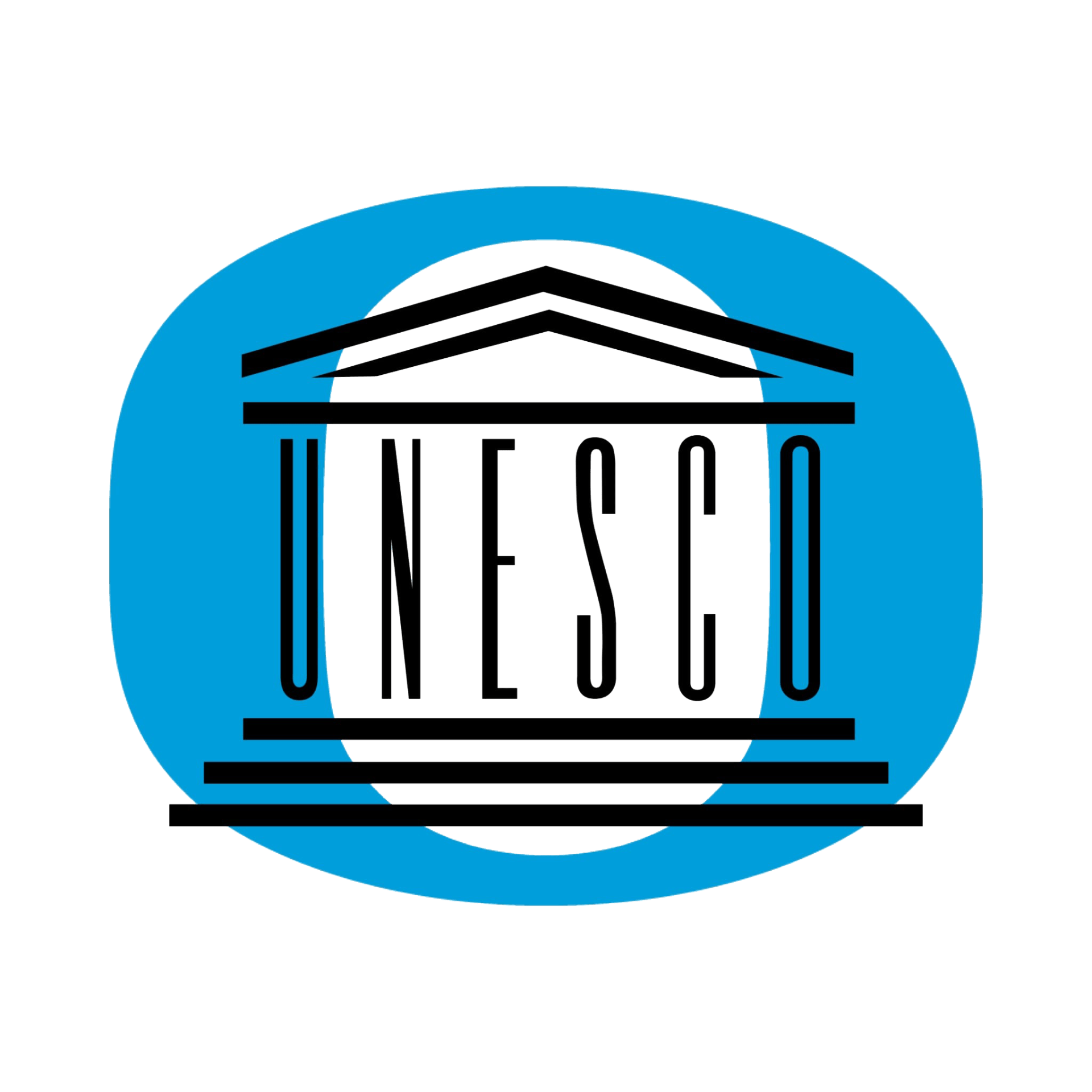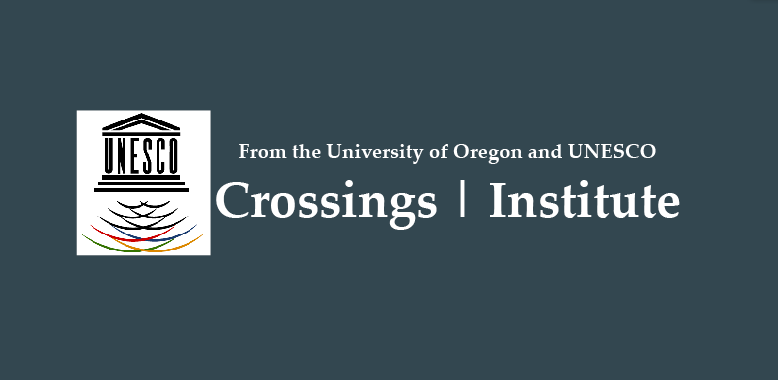This op-ed by research fellow Jonathan Bach was originally published in The Register-Guard of Eugene, Oregon. To view the original article, click here.
HELSINKI, Finland — On a recent evening in Helsinki, the mother of a persecuted journalist accepted the prestigious Guillermo Cano award on behalf of her daughter, Khadija Ismayilova, of Azerbaijan.
Ismayilova, an investigative reporter, was sentenced last year to seven and a half years in prison for unveiling embarrassing secrets about Azerbaijan’s mafia-like presidential family, which was recently implicated in the Panama Papers scandal.
The mother, Elmira Ismayilova, is a small, stocky woman. Her face is gaunt, and her fortitude appears to be of iron. Elmira is doubtless one of the many parents worrying about a child who’s chosen the reporter’s life, because journalism around the globe is under fire.
Reporters Without Borders recently released its annual press freedom index, a measure of how well countries treat their news media. The Paris-based non-governmental organization grades countries on a scale from one to 180, with one being the best.
You can probably guess which countries got failing grades: Russia. North Korea. Azerbaijan. This year’s gold medal for safeguarding free speech goes to a country on the Baltic Sea: Finland.
You might think that America would rank highly. Not so — we finished in a disheartening 41st place.
Reporters Without Borders notes our First Amendment, but lays into us on two fronts: It says our government is at “war” with whistleblowers and that “journalists are still not protected by a federal ‘shield law’ guaranteeing their right not to reveal their sources and other confidential work-related information.”
The group further cites “the current administration’s obsessive control of information.”
Though our position is not as bad as that of Azerbaijan, at 163rd place, the United States’ low ranking shames the entire nation. It has roots in the initiatives of politicians who’d rather obfuscate and obstruct than open their taxpayer-funded work to public inspection and judgment. They might learn a thing or two from their Scandinavian counterparts.
A core principle discussed during this year’s World Press Freedom Day events in Helsinki was the public’s absolute right to government information. Finnish Prime Minister Juha Sipilä said in a speech that Finland and Sweden were celebrating 250 years since the passing of an unprecedented freedom of information act in the region (Finland used to be part of Sweden), “the most liberal one of its time.” He said the act secured the public’s access to government information and “finished political censorship.”
In early May, I was in Finland to cover the World Press Freedom Day events with the University of Oregon-UNESCO Crossings Institute for Conflict-Sensitive Reporting and Intercultural Dialogue.
I can’t help but be a little jealous of the Finnish. In many cases, trying to procure public information from governing agencies in the United States is like trying to draw water through a clogged pipe.
With this in mind, it is hard not to think about Gov. Kate Brown’s vow to make Oregon governance more transparent. In April, the Capital Bureau reported that one year after Brown became governor, Oregon had missed two chances to pass legislation that would limit how much money it costs and how long it takes to obtain public records.
Public records are a cornerstone of the work of Gordon Friedman of the Statesman-Journal in Salem, a state government reporter. “Every records request is its own beast,” he said. For a recent investigative report on officer misconduct in the state Department of Corrections, he filed a records request last summer and didn’t get all of the public information until this year. The agency asked for more than $60,000 for documents Friedman needed. The corrections department finally disclosed the records in February when Friedman’s newspaper threatened to file a complaint with the attorney general’s office about the unreasonable delay and other matters.
“Because they were sandbagging me, I knew I had to push harder,” he told me. But reporters shouldn’t have to push hard at all for public information.
When it comes to our spot on the Reporters Without Borders report, American exceptionalism is one factor, said Peter Laufer, a veteran foreign correspondent and colleague at the Crossings Institute. “We convince ourselves, we Americans, that we’re No. 1,” Laufer said.
There are a few takeaways:
Azerbaijan serves as a cautionary example: Countries must treat public access to information not as an option, but as a necessity. No mother should have to accept an award for her imprisoned child.
Finland offers a standard to which we might aspire — at least when it comes to its respect of the press and the public’s right to knowledge.
Here in Oregon, Brown and others need to make good on a promise of transparency.
And around the nation, we have to decide where we want to stand among our international neighbors.
The views expressed herein are the author’s and do not necessarily reflect those of the University of Oregon-UNESCO Crossings Institute.


